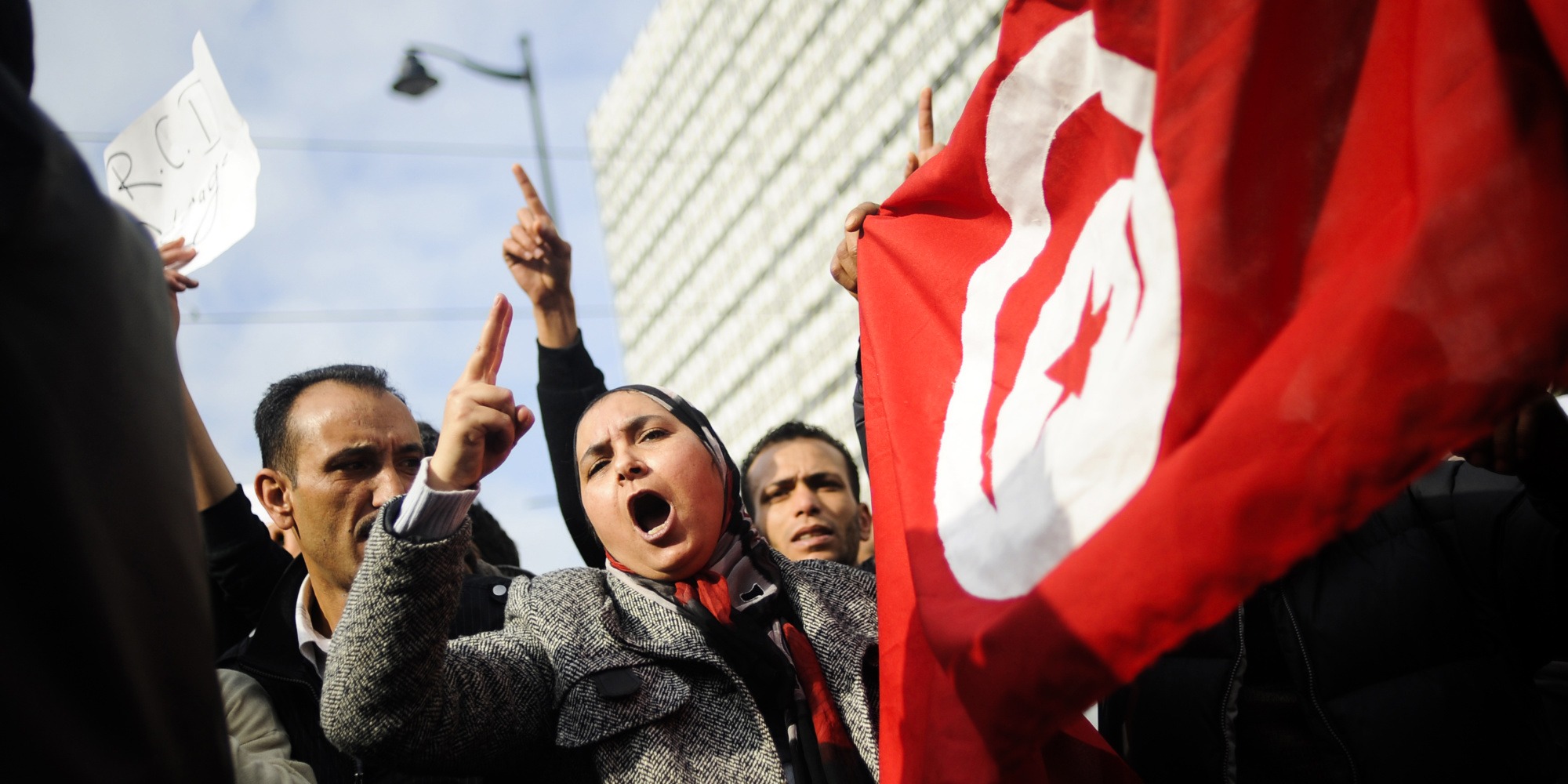Ten years later, are the demands made by the "Arab Spring" definitively buried?
Frédéric Encel, lecturer at Sciences Po, believes on Europe 1 that the events of 2010-2011 will end up happening again in the states where an authoritarian regime has been maintained.
INTERVIEW
Ten years ago, on December 17, 2010, the immolation of Mohamed Bouazizi, a Tunisian street vendor, marked the start of the "Arab Spring".
This gesture kicked off a series of popular protests in Tunisia, Jordan, Egypt, Yemen, Libya, Bahrain, Morocco and Syria, generally demanding the departure of the leaders in place, but also economic and social reforms.
A decade later, the transition seems to have stalled in many of these countries, while others have been marked by violent crises: Egypt, after the brief rise to power of the Muslim Brotherhood, gave way to the military dictatorship. Al-Sisi, Libya remains divided by factions and Syria ravaged by a civil war that has left more than 380,000 dead.
"The 'Arab Spring' can remain the great event of the 21st century, because I think that we have only experienced the first jolt of a real revolution", believes, however, at the microphone of Europe Midi Frédéric Encel, lecturer at Sciences Po and author of
Geopolitics of the Arab Spring
(PUF).
"Let us highlight this 'Arab Spring' with the Spring of the European Peoples of 1848. Well, it was a flash in the pan since it was crushed very quickly. But the decades that followed, in reality, have enabled the peoples of Europe, for many of them in any case, to access better social, economic and political conditions ", underlines the specialist.
>> Find Europe midi every day in replay and podcast here
The failure of democratic aspirations
"With the exception of Tunisia, where this 'Arab Spring' started, the failure is almost total everywhere," concedes Frédéric Encel.
He attributes this procrastination of democratic claims to "institutionalized corruption, clanism, tribalism, and the complete lack of sense of collective interest on the part of part of the Arab rulers."
The risk of a next revolution
“Unfortunately, there will be other shocks,” warns Frédéric Encel.
"I say 'unfortunately', because there is a risk of human and material damage, but we will end up with something new which will probably resemble what is happening in Tunisia today," he wants to believe.
However, there is no guarantee that a new series of revolutions in North Africa, the Levant or the Persian Gulf will result in the establishment of democratic regimes.
"The violence of the authoritarianism of a head of state or government will generally be proportional to the violence expressed by those who are going to put him out," continues our geopolitologist.
"Authoritarian regimes create a kind of social and political toxicity that never bodes well when they end up collapsing at the end of their abuses."

